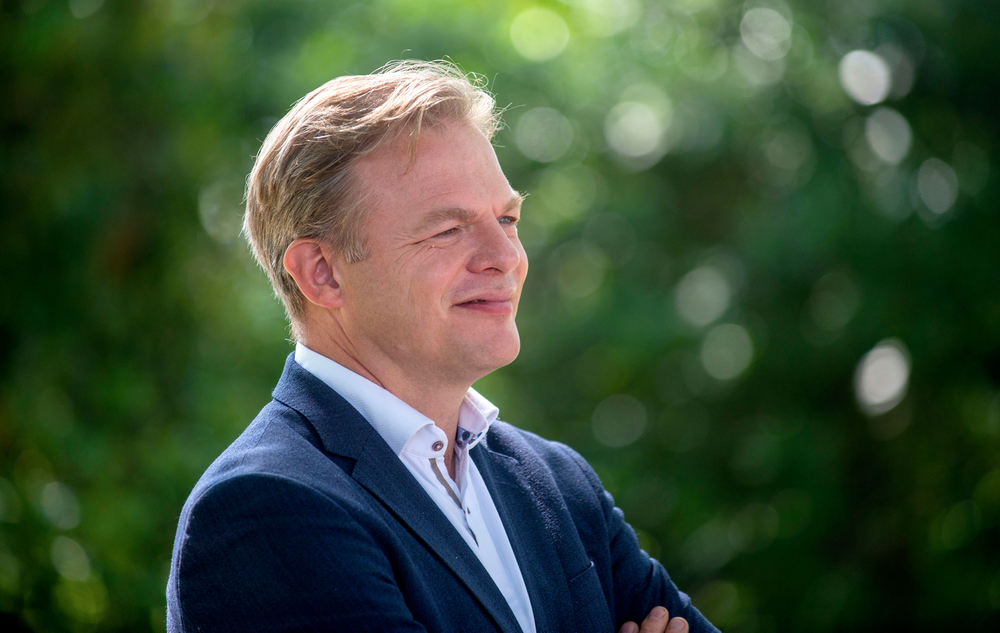Omtzigt takes aim at “expat tax break” ahead of budget talks

NSC leader Pieter Omtzigt has revived his plans to pare down the income tax break for skilled migrant workers ahead of the spring budget talks.
Omtzigt steered a law through parliament in 2023 to replace the so-called expat ruling, which exempted some international workers from paying tax on 30% of their income, with a system that reduced the amount in two stages over its five-year term.
However, the cabinet subsequently watered down the plan so that workers who are eligible for the scheme still receive 27% of their income tax-free.
Some companies, including ASML, the largest corporation in the Netherlands, warned that they could move their operations elsewhere, while an analysis by the finance ministry found that cutting back the tax break would lead to a drop of 15% to 20% in highly-skilled migrants arriving in the country.
In an interview with the Telegraaf newspaper on Wednesday, Omtzigt took aim at “the 200,000 people from abroad” who benefit from the tax break. “If we want to make our economy fairer, we shouldn’t have any groups of people who pay less tax,” he said.
In fact 110,000 people benefit from the expat tax ruling, according to a report by the University of Amsterdam’s analysis bureau SEO Economic Research.
Omtzigt’s original plan was introduced in October 2023 to fund a compensation plan for students who had to take out loans to fund their courses and living costs after grants were abolished in 2015 – the so-called “hard luck generation”. Grants were reintroduced for the 2023 academic year.
Gas and vet bills
The NSC leader also said he wanted to reduce tax on household gas use to “a few cents per cubic metre”, below the level of 2.82 cents stated in the coalition agreement.
The party also wants to change the rules on long-term incapacity so that people whose ability to work is reduced by less than 35% are eligible for more state support if they lose their jobs.
And Omtzigt proposed capping charges for services such as childcare and veterinary surgeons to protect households from spiralling costs. “We have forms of maximum pricing across the entire healthcare sector. This is an instrument that sometimes has to be used.”
Thank you for donating to DutchNews.nl.
We could not provide the Dutch News service, and keep it free of charge, without the generous support of our readers. Your donations allow us to report on issues you tell us matter, and provide you with a summary of the most important Dutch news each day.
Make a donation